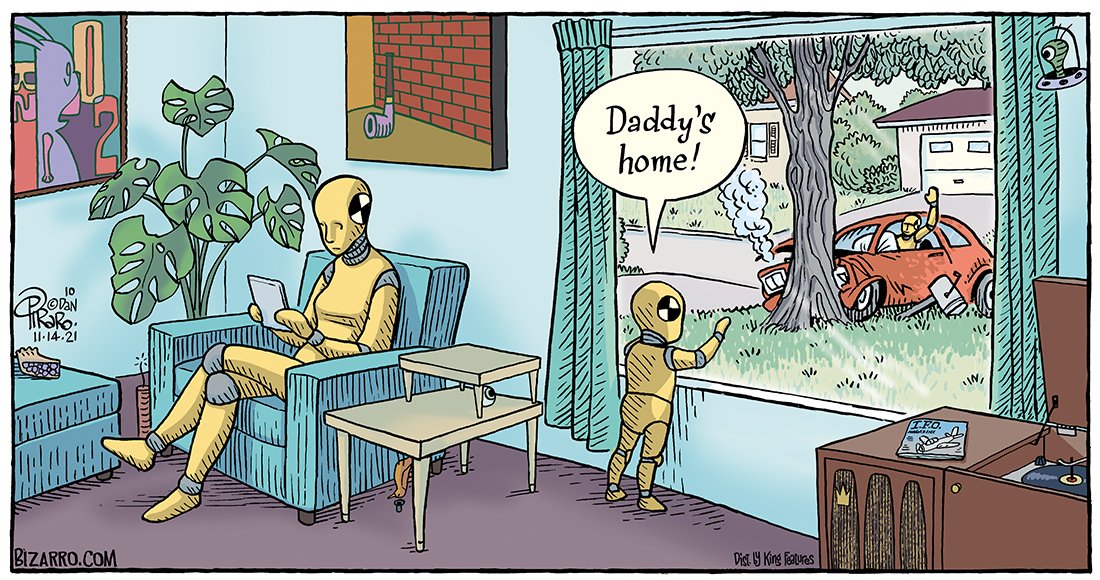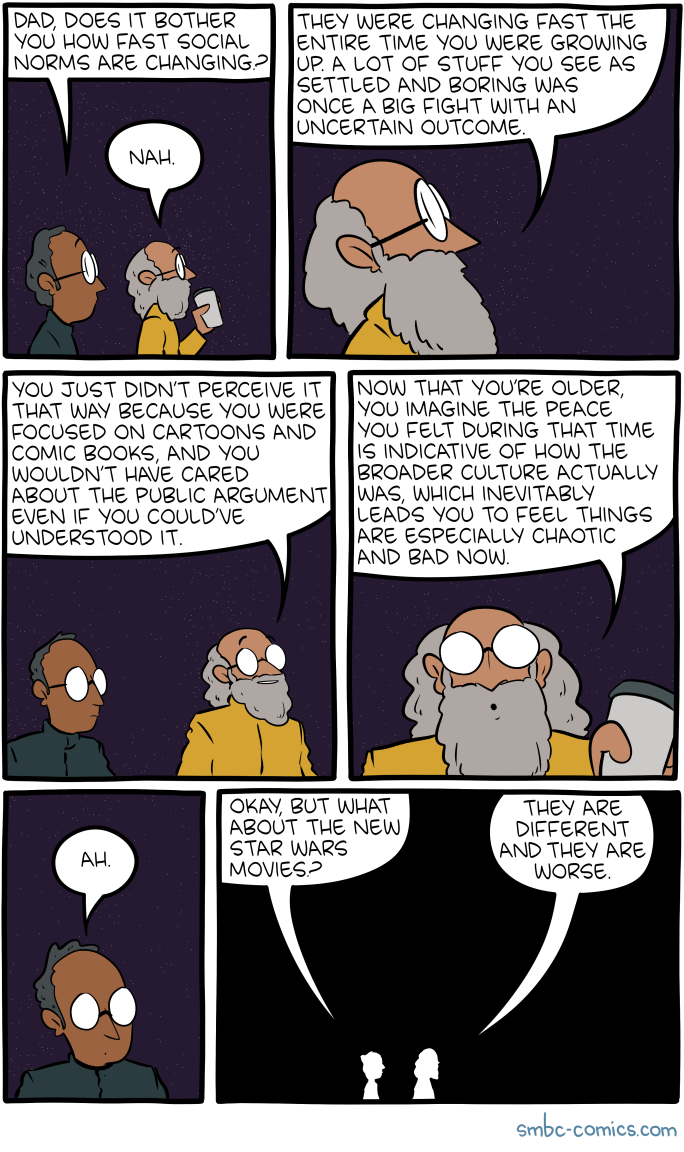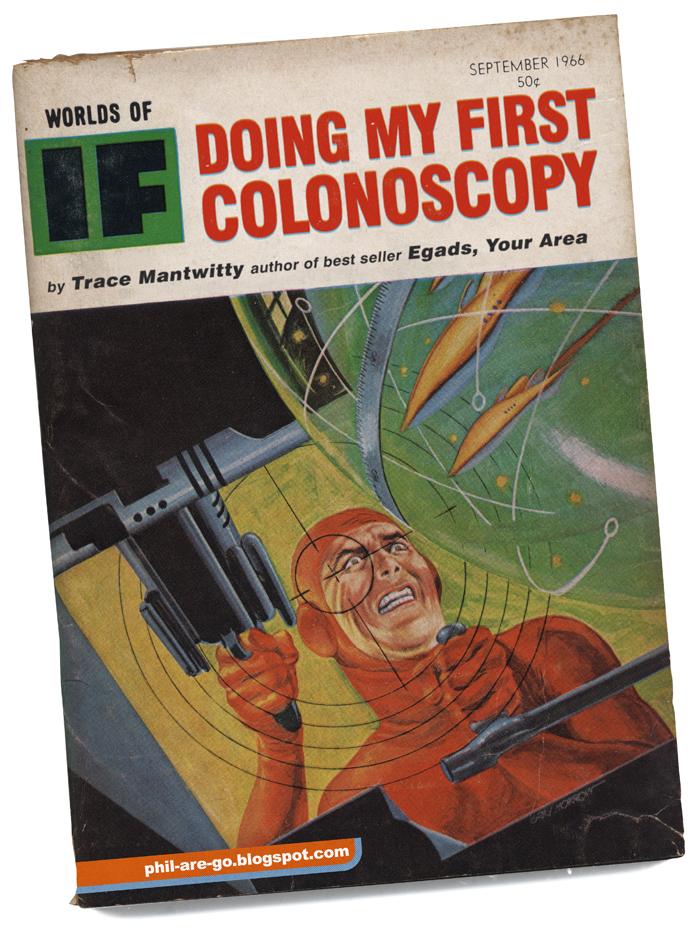Sunday, 30 January 2022 - 12:50pm
This month, I have been mostly reading:
- Inside psychogenic death, the phenomenon of "thinking" yourself to death — Frank Bures at Salon:
Most people who enter this neurological tailspin will emerge from it before they hit bottom. They take in new information. They adapt to the new situation. But the few who don't may find themselves at stage five: Psychogenic death. The light goes out of their eyes. They say their goodbyes. They may perk up briefly as if they finally have a goal they can imagine, a solution to their problem: That new goal is death. And within a day or so, they're gone.
- Highly Paid Union Workers Give UPS a Surprise Win in Delivery Wars — Thomas Black at Bloomberg (via Bill Mitchell, who explains why there should be no surprise):
The massive labor shortage that’s rocked the U.S. since the pandemic and disrupted long-established employment relationships hasn’t had much impact on UPS, which pays its unionized drivers the highest wages in the industry. That’s helped it maintain a stable workforce and rising profits throughout the current disruptions. Meanwhile, lower-paying, nonunionized FedEx racked up $450 million in extra costs because of labor shortages. And while UPS easily beat earnings expectations and predicted a rising profit margin in the U.S. for the fourth quarter, FedEx signaled that its profit margin will fall further. The lack of workers is taking a toll on its reliability, too. FedEx’s recent on-time performance for express and ground packages has sunk to 85%, while UPS has met deadlines on 95% of those packages, according to data collected by ShipMatrix Inc. […] The difference in performance predates the worker shortage. Even while paying union workers almost twice what FedEx Ground drivers make, UPS earns a return on invested capital that’s more than double its rival’s. In the last full year, UPS and FedEx each had sales of about $84 billion; UPS banked $7.7 billion of operating income, while FedEx earned $5.9 billion.
- Renting Sucks — Caitlin Johnstone:
This is where my kids have spent most of their lives. Their heights are drawn on the door jamb in the kitchen. Losing this house is like losing a loved one. I’m also a bit nervous about where we’ll wind up; we can’t afford to buy a house and rent in Melbourne has skyrocketed over the last few years. Mosty, though, I’m just annoyed at this stupid, backwards system which forces people to pay landlords for shelter from the elements if they’re not fortunate enough to be able to afford a home of their own. Rent is largely an extortionate double-dipping scam where renters pay landlords for the privilege of keeping vandals and vermin from destroying their investment property which they’ll generally make a handsome profit off of when they sell, and this practice is held in place by a system which depends on the permanent existence of an underclass who can’t afford to own land.
- Bizarro — by Dan Piraro:

- Seeing the world like Wikipedia – What you should know about how the world’s largest encyclopedia works. — Zachary J. McDowell and Matthew A. Vetter in the LSE Impact of Social Sciences Blog:
As acknowledged by Katherine Maher, former CEO of Wikimedia, Wikipedia is a mirror of society’s biases, and nowhere are these biases more visible than the much-discussed gender gap. The fact is that less than 20% of Wikipedia editors identify as women. This leads to all kinds of issues related to content gaps, policy biases, community climate and harassment, which we discuss in detail in our book. Notably, these issues broke into to mainstream in the case of Donna Strickland (the first woman to win a Nobel Prize in Physics since Marie Curie), who not only did not have a Wikipedia page until about 90 minutes after she won, but as it later emerged had a previous draft of her article rejected for not meeting notability standards. This and other issues are part of a larger systemic bias (eg. the lack of reporting on women in science), but are exacerbated and reflected by low levels of diversity within Wikipedia itself.
- Domino Theory — George Monbiot:
It’s true that within a few years, as the advocates argue, the entire stinking infrastructure of petrol and diesel could be overthrown. But what is locally clean is globally filthy. The mining of the materials required for this massive deployment of batteries and electronics is already destroying communities, ripping down forests, polluting rivers, trashing fragile deserts and, in some cases, forcing people into near-slavery. Our “clean, green” transport revolution is being built with the help of blood cobalt, blood lithium and blood copper. Though the emissions of both carbon dioxide and local pollutants will undoubtedly fall, we are still left with a stupid, dysfunctional transport system that clogs the streets with one-tonne metal boxes in which single people travel. New roads will still carve up rainforests and other threatened places, catalysing new waves of destruction. A genuinely green transport system would involve system change of a different kind. It would start by reducing the need to travel – as the mayor of Paris, Anne Hidalgo, is doing with her 15-minute city policy, which seeks to ensure that people’s needs can be met within a 15-minute walk from homes.
- ‘We Remember a United States That Fought the Nazis’: A German Scholar of Fascism Weighs in on Christian Nationalism in the U.S. — Andrew L. Seidel in Religion Dispatches:
When I ask, “Do you think that analogies to 1930s Germany are overblown?” She pauses thoughtfully then answers, “I don’t think they’re overblown.” She brought the receipts to our interview. Brockschmidt lists several signals, structures and characteristics of American Christian Nationalism that overlap in worrying ways with fascism. The “myth of a golden past,” is a big one. “[Calling for a return to] how the country used to be when in fact it’s a version that never was. It’s used to divide the country into us and them.” I found this particularly interesting because it goes to the heart of Christian Nationalism—attempting to return America to a Christian nation that never existed. As I’ve written elsewhere, America can never be a Christian nation because the moment it becomes a Christian nation it will cease to be America. Alongside this myth is the tendency to paint outgroups as “not real Americans.” A third marker is the veneration of “law and order, which really just means being tough on a certain portion of the population, not on crime.” Brockschmidt also mentions other “dog whistles used to stoke fear, resentment, and anger against outgroups [in order] to strengthen the feeling of togetherness of [the] ingroup.” Another marker of incipient fascism is “anti-intellectualism,” which can be seen in the “crusade in universities against wokeness and against critical race theory,” and, more broadly, against science, vaccines, and the pandemic itself.
- Saturday Morning Breakfast Cereal — by Zach Weinersmith:

- Lab Leaks — Alex de Waal in the London Review of Books:
In 1977 a strain of influenza reappeared after a twenty-year absence, an event with a probability in the natural world approaching zero. It wasn’t particularly virulent and was superseded by another strain the next year, but its appearance was a mystery. The most likely explanation is that it escaped from a Chinese or Russian laboratory during a vaccine trial. Other escapees include smallpox (in Birmingham in 1978), Sars outbreaks after the Sars epidemic (twice), and foot and mouth disease in the UK. Human error is usually to blame. […] The Covid-19 pandemic may well have been a ‘normal accident’; it’s equally possible that ‘Disease X’, the WHO’s codename for the next pandemic, will be another. If so, it will be the by-product of our total war on microbes, our determination, since the acceptance of germ theory 150 years ago, to collect, classify, experiment with and sometimes exterminate them. As with the Manhattan Project, demand for ever more powerful munitions justifies risk-taking of a kind that the scientists involved don’t fully comprehend.
- Georgia student's 'gay is ok' artwork removed from classroom, compared to Nazi flag, parents say — Brooke Migdon at the Hill:
According to parents, school officials at Oglethorpe Avenue Elementary in Athens, Ga. promptly removed a student’s art piece, which featured a rainbow and the words “Gay is OK” written beneath an umbrella, following a complaint from another parent. When a teacher questioned the decision, an administrator compared hanging the drawing to hanging the flag of Nazi Germany in the classroom, according to a group of parents who witnessed the interaction, NBC-affiliate WXIA-TV 11 reported this week.
- Butterfly sanctuary closes as QAnon believers, thinking it’s home to sex trafficking ring, plot caravan there — Mike Rothschild at the Daily Dot:
The email from the Center makes it clear that the grounds themselves are in direct danger from conference attendees who intend to form a “rolling car protest,” described as a ’Trump Train’-style “caravan to the border” that will likely make a stop at the National Butterfly Center. The Center’s location just minutes away from the Rio Grande has made it a hotbed of conspiracy theories and rumors, which claim it’s a hub of drug smuggling and human trafficking. Many of these rumors are pushed by Brian Kolfage, the leader of an eight-figure fundraising effort to privately build Trump’s border wall Kolfage, who has called the Center’s employees “butterfly freaks” running a “sham” sanctuary devoted to profiting off human misery, has pushed the theories hard, including sharing doctored photos of rafts at a dock outside the Butterfly Center. He’s also spammed Wright with violent threats over Twitter, eventually resulting in his account being suspended. Kolfage himself is not speaking at the event, presumably because he’s currently under indictment for wire fraud and tax evasion due to allegedly stealing from the We Build The Wall nonprofit he founded.
- Phil Are Go!:
